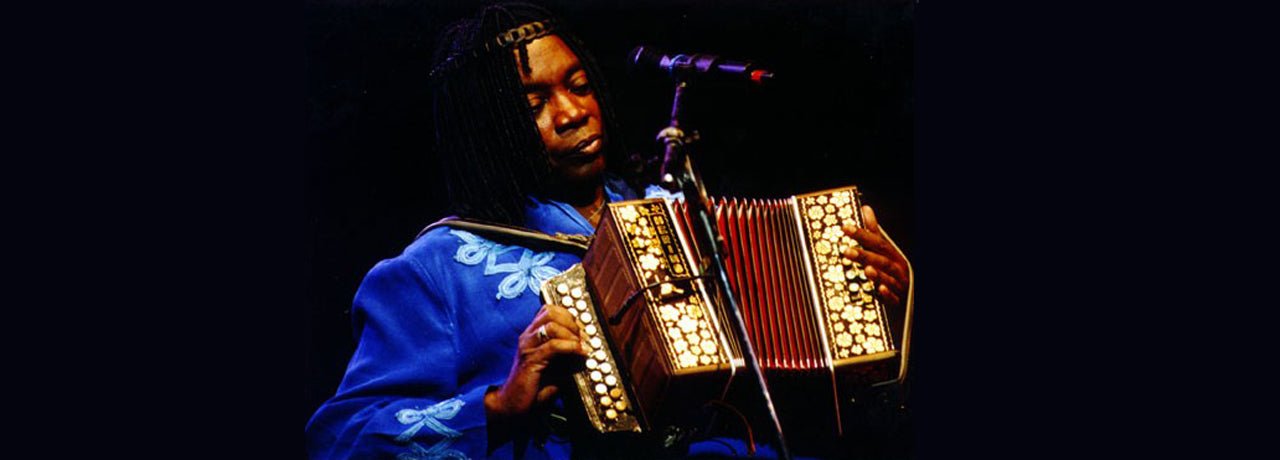
Milton Nascimento
Milton Nascimento was born October 26, 1942; he lived in the boroughs of Laranjeiras and Tijuca in Rio de Janeiro; he is a remarkable Brazilian singer, songwriter, and guitarist.
In 1963 Milton moved to Belo Horizonte where he befriended Lô Borges; this friendship led to the ‘Clube da Esquina’ movement. (‘Corner Club’) The members of this movement were Beto Gueses, Toninho Horta, Wagner Tiso and Flávio Venturini, whom Milton shared compositions and melodies with. One composition made by the band bought Milton his first taste of fame, ‘Canção do Sal’ was the name of the composition. It was interpreted by Elis Regina in 1966 and led to a television appearance for Milton. His big break came in 1967 when three of his songs were showcased at the prestigious First International Pop Song Festival in Rio de Janeiro. Milton didn’t realize that his songs had been entered into the competition as a friend had done it for him. After his inspiring showing in the song festival he was called upon by many artists who had acknowledged his talent and wanted to work with him. He also got recognized by recording companies in Rio; his first two albums ‘Travessia’ and ‘Milton Nascimento’ established him as a fresh new talent in Brazil.
Milton also found fame with his falsetto and tonal range, his voice being described as ‘haunting’ and ‘something from heaven.’ His beautiful song ‘Coração de Estudante’ was in memory of the student Edson Luís who was killed by police officers in 1968. The song then went on to become the hymn for the Diretas Já social-political campaign in 1984. It was also played at the funeral of the late President of Brazil, Tancredo Neves and at the funeral of racing driver Ayrton Senna.
Milton’s reputation in Brazil was established by his works with Clube de Esquina, however his international breakthrough came when he appeared alongside jazz saxophonist Wayne Shorter on the album ‘Native Dancer’ in 1974; this appearance led to appreciation across the board, many people consider this song to be one of the most influential jazz songs of all time. After this success he went on to collaborate with Paul Simon, Cat Stevens, George Duke, Quincy Jones and many more. Milton also co-wrote and performed the song ‘Breath After Breath’ with Duran Duran in 93 due to his friendship with guitarist Warren Cuccurullo; he performed with the band in concert when they toured Brazil in support of the album.
Nascimento likes his work to mean something and to make an impact both politically and emotionally. His album ‘Missa dos Quilombos’ made in 1982 was an oratorio dedicated to the story of blacks and the history of slavery in Brazil. Whilst working on his project he discovered that documents had been destroyed by the government over the years ‘to eliminate the black spot on Brazil’s history.’ Also, in his 1991 album ‘Txai’ he highlights the situation surrounding the preservation of the Amazon River and the ongoing destruction of the rain forest. "We have to alert others to what is happening in this world. We have to talk about preserving our planet, the earth, green things, animals, human beings--talk about how people treat each other." A quarter of a century after his career began Nascimento’s music is still a treasure which has no boundaries.
Nascimento's many achievements include Grammy nominations for his O Planeta Blue na Estrada do Sol in 1992, and in 1995 for his Warner Bros. debut, Angelus. Nascimento is also winner of the 1992 Down Beat International Critics' Poll and the 1991 Down Beat Readers' Poll. Nascimento has toured throughout the U.S., Europe, Japan, and Latin America.
Here at Far Out Recordings Milton Nascimento is considered a true legend; he is one of our favourite Brazilian artists. He has been a fantastic songwriter since early days and during the time of the Club De Esquina.

![Milton Nascimento - Último Trem [1980]](http://www.faroutrecordings.com/cdn/shop/products/MiltonNascimentoUltimoTrem1440x1440_large.jpg?v=1598629387)
![Milton Nascimento - Maria Maria [1976]](http://www.faroutrecordings.com/cdn/shop/products/FARO215DLP_1440x1440_51621019-35ef-4706-9c62-f827749a88de_large.jpg?v=1572574086)
![Milton Nascimento - Maria Maria / Ultimo Trem [2004]](http://www.faroutrecordings.com/cdn/shop/products/Maria_Maria_700x700_large.jpeg?v=1464716267)